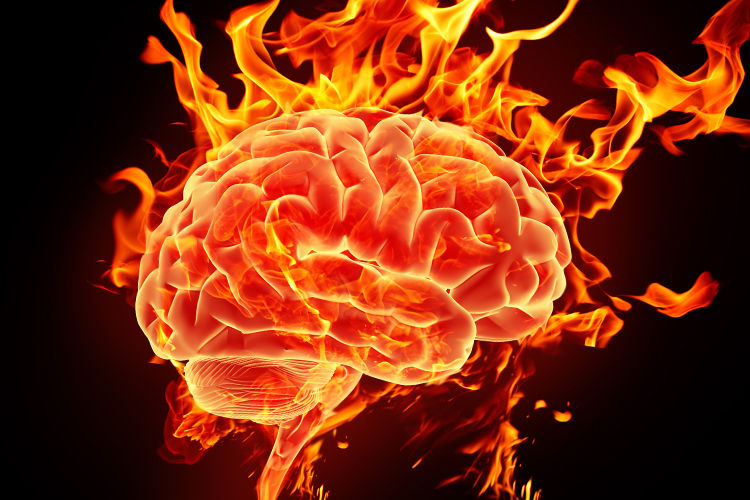People-People and Non-Prosocial Behavior
- Jason Kiesau

- Dec 21, 2023
- 3 min read
Those whose "needs" tend to be more relational, need approval, emotional support and connection from others to feel good about who they are and what they are doing. (they are not being needy; it's their source of psychological safety) They are also the most likely to be outwardly caring, compassionate and empathetic in their behavior and communication. (sometimes to the point of sacrificing what they want)
These are the people-people and they make up around 50% of the population.
(you know who you are)
People-people learned at a young age that being caring, compassionate and empathetic increased their chances of getting that in return, therefore getting their needs met. For example, if you are nice to someone, it is reasonable to assume they will be nice back. When things are good, they are good. But what happens when they are not?
An interesting tidbit about people-people is that for how relational their behavior and communication tends to be, they are also the most prone to engage in non-prosocial behavior that may damage relationships. They are more likely to acquiesce & withdraw or defend & attack than others whose needs, behavior and communication tend not to be relational.

People-people tend to be more sensitive to others' behavior and communication. They pay more attention to verbal and non-verbal ques and when they feel something is off (real or perceived) they become anxious (stressed/insecure), leading to the non-prosocial behaviors mentioned above. The challenge becomes when the non-prosocial behaviors negatively impacts relationships and this pattern perpetuates and never recovers.
Example: People-person misreads a behavior, takes it personal and avoids or attack. The avoiding or attacking causes the other person stress and now you have two people who are stressed/insecure with each other. If unaddressed, how might you assume this relationship goes?
If you are a people-person, this is probably familiar to you. Here are a few things you can do to not let this pattern continue:
1. Get to know yourself. If you are a people-person, you may be more sensitive to others' behavior and communication than others. Yes, your people orientation is a huge strength; the world needs people who are outwardly caring, compassionate and empathetic. In that same spirit, admit your blind spots. You likely take things personally and may blame others for the stress you are experiencing. The reality is . . . and I say this with love . . . it may be more about you than them. That said, this is about you being self-aware, confident and healthy. Don't tolerate BS from disrespectful jerks.
2. Set realistic expectations. First for yourself. Embrace your good, bad and ugly; maximize your strengths and manage your weaknesses... don't ignore them. Second set realistic expectations for others. Half of the population doesn't tend to be outwardly caring, compassionate and empathetic and likely won't meet your relational needs. If you don't understand this, you're going to be stressed a lot of the time. The other half are fighting the same battles you are. Be realistic and have empathy for others needs and you'll be more objective and won't take things as personal.
3. This goes along with "don't ignore your weaknesses." If you need help, get help. People-people tend to like to talk about their stressors and may be more interested in feeling support than actually fixing a problem or reducing their suffering. One, this gets exhausting for others and two, nothing gets resolved. If you find yourself in a cycle of hurt feelings and challenges with others, there may be something bigger and deeper at play. Seek professional help from a counselor or therapist who is equipped to have those conversations and provide you with counsel and strategies that are effective. Just know if they are good, they will be caring, but aren't going to kiss your ass so you feel validated.
If you can relate and you want things to change, you have to look in the mirror and get to know your good, bad and ugly. I promise it will be worth your time and attention.
Self-Awareness = Self-Management = Better Decisions, Relationships and Results
(Disclaimer: I am also a people person. Everything I'm writing about I've experienced. Through commitment to personal and professional growth, having good leaders, mentors and people around me and the occasional support from psychological professionals, I understand this more. And through understanding comes greater self-acceptance, control and freedom. With part of my purpose helping people experience more success with less stress, these are real dynamics that impact peoples' lives.)




Comments